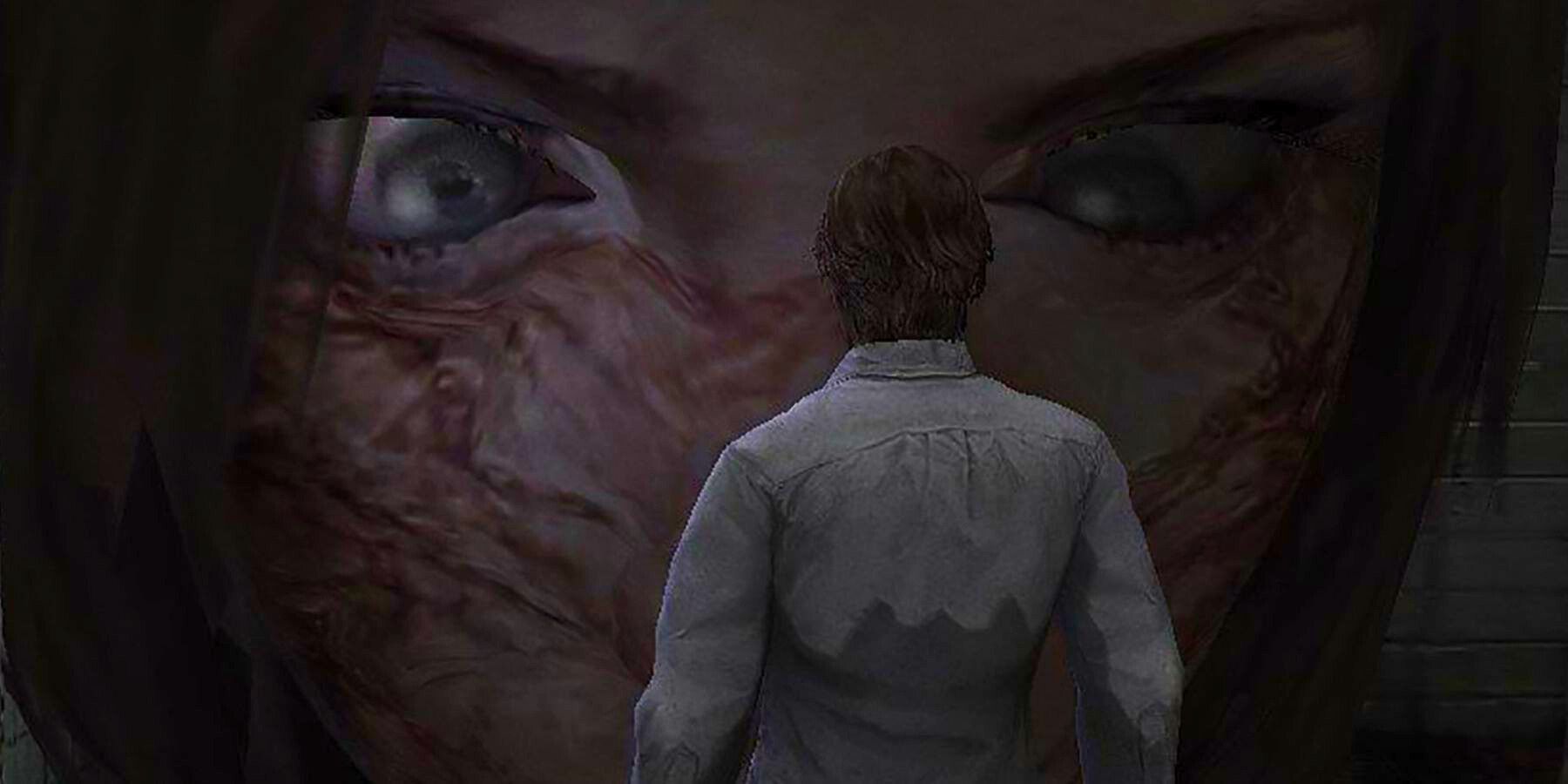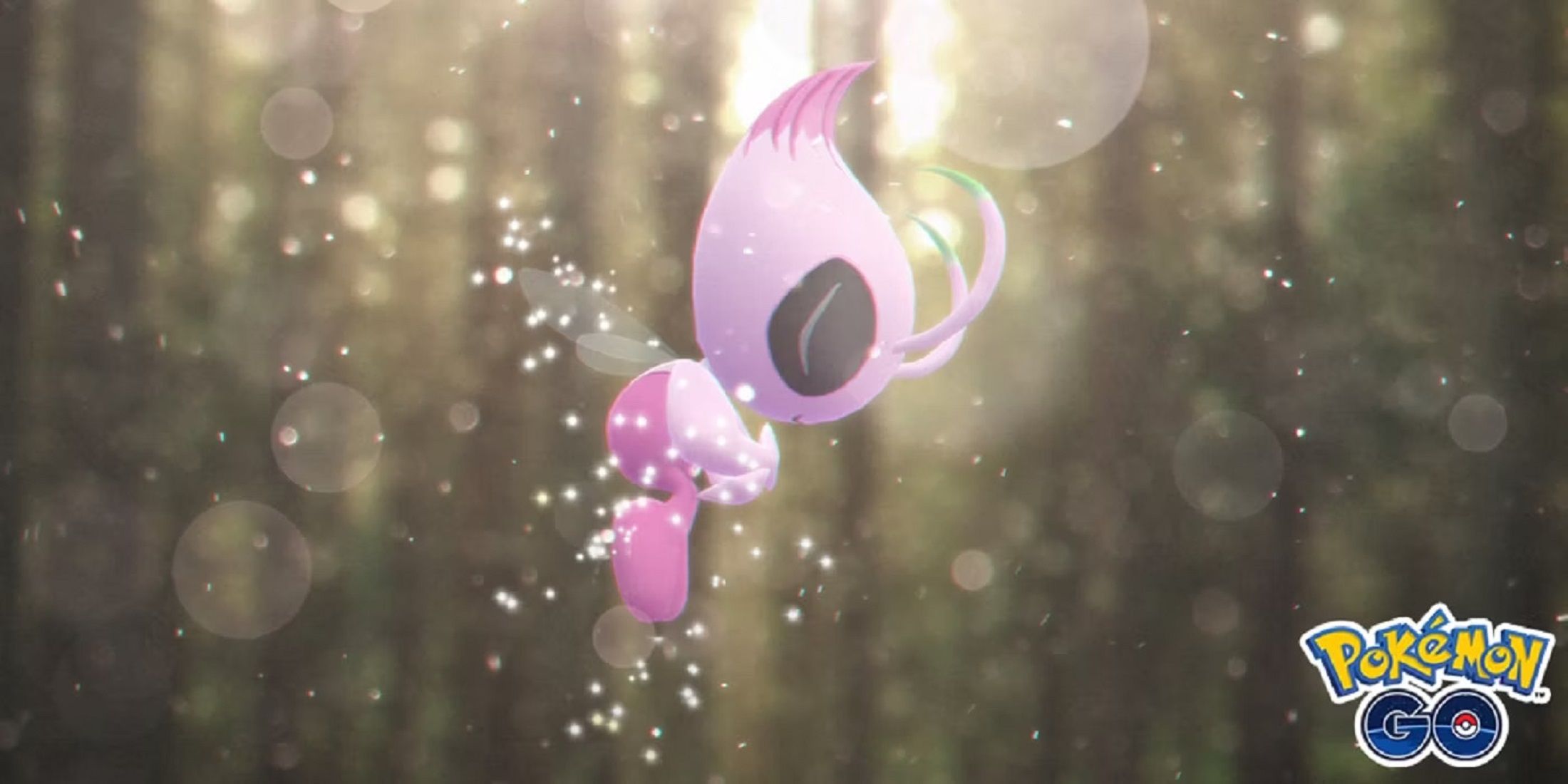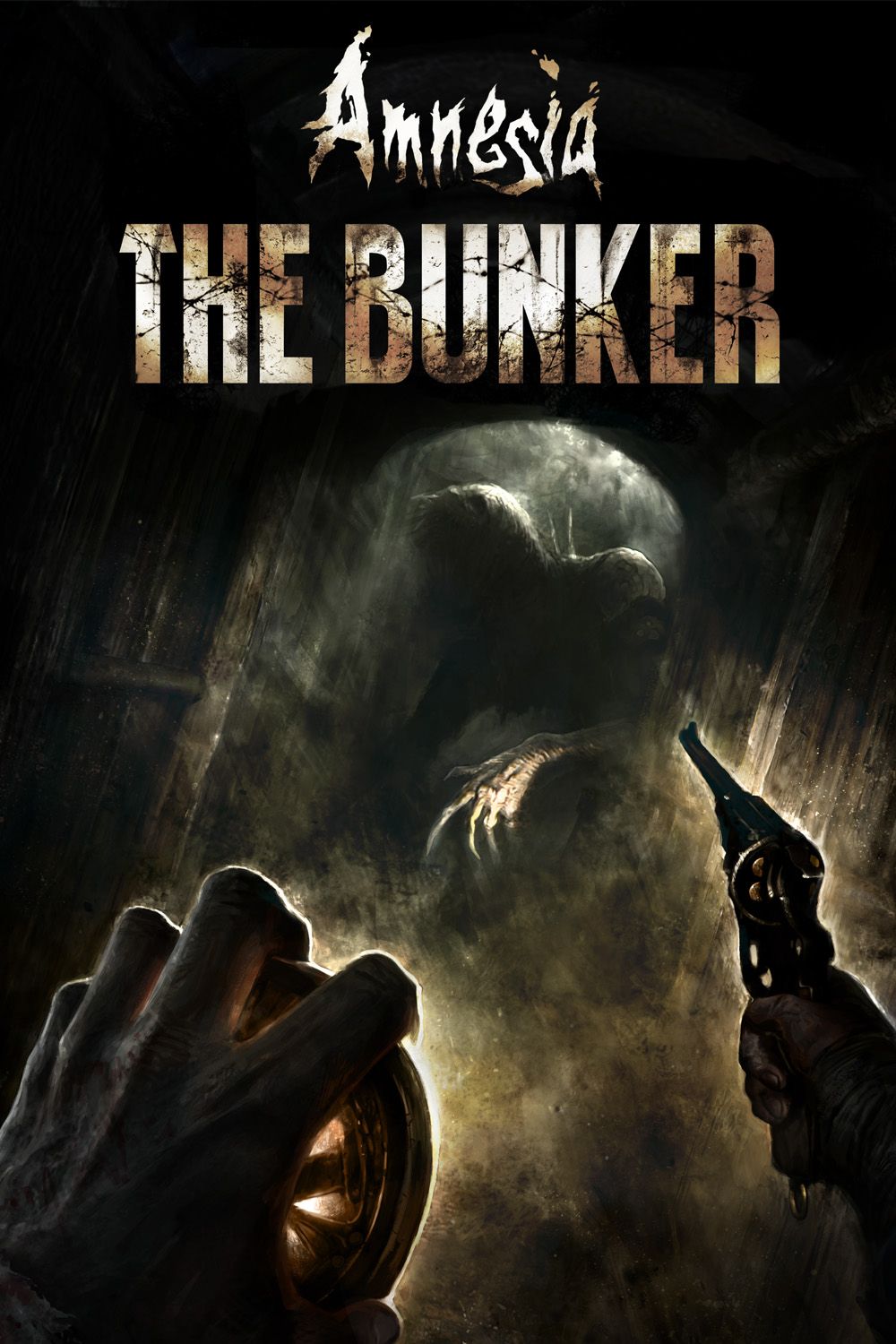Highlights
- Some horror games are better suited for film adaptations due to their focus on vicarious terror.
- FNAF and Until Dawn make sense for movie adaptations, but Amnesia lacks the necessary elements due to the way in which interactivity improves its psychological horror.
- Without gameplay elements to enhance its specific type of horror, Amnesia would have to make big changes from the source material to feel scary, which is always risky when adapting a game.
The past few years have seen a flood of video game film and TV show adaptations. There have been some major successes, like HBO's The Last of Us, alongside a bevy of lackluster or outright disastrous endeavors. But these failures don't seem to be deterring the film and television industries, as there are several video game adaptations in the works, some of which seem more promising than others.
There's an argument to be made that the horror genre is specifically suited to the game-to-film pipeline, as horror games are more about vicarious terror and less about complex game mechanics. It's one of the main reasons games like Five Nights at Freddy's, Amnesia, Outlast, and Slender: The Eight Pages are among the most commonly streamed games of the last decade. At the same time, some horror games are inextricable from the gaming medium and wouldn't make for good films or shows. Indeed, while something like Five Nights at Freddy's or Until Dawn may be reasonable picks for a movie adaptation, film studios should avoid the likes of Amnesia.
There haven't been any reports of an Amnesia movie being developed, but with how popular horror game adaptations are becoming, such a project wouldn't be unlikely.

Why More Survival-Horror Games Should Consider an Anthology Formula
Many horror franchises have found creative freedom and longevity in an anthology approach, which more survival horror should take inspiration from.
Why Amnesia Works Best as a Game
Why Games Like FNAF and Until Dawn Are Sensible Movie Adaptations
Although the execution of the Five Nights at Freddy's movie is questionable, it's easy to see why it was greenlit. Aside from the undeniable popularity of the IP, Five Nights at Freddy's is built on complex, rich lore that, crucially, can be applied to many different sorts of stories. The franchise offers solid source material while also leaving enough wiggle room for filmmakers to create a script that works on the silver screen. Additionally, the games get a lot of mileage out of jump scares and creepy, memorable mascots—two concepts that translate smoothly to the film medium.
Until Dawn makes even more sense as a movie. Supermassive's 2015 choose-your-own-adventure game borrows heavily from film conventions, starring A-list celebrities like Rami Malek and Hayden Panitierre while being built around scripted, cinematic moments rather than emergent gameplay or player expression. Truly, the only thing that separates Until Dawn from a typical horror movie is the fact that players have some degree of control over where the story goes. The meat of the experience is, in many ways, more akin to a movie than a game.
An Amnesia Movie Would Lack What Makes the Games Work
The narratives of the Amnesia games are fairly vague and up for interpretation, lacking both the specific lore of FNAF and the character-driven drama of Until Dawn. The psychological horror of Amnesia stems from its interactivity, whereas interactivity only elevates the horror of the aforementioned games. Even though the franchise, especially before The Bunker, is fairly simple from a mechanical standpoint, it is interactivity that produces tension and fear, and this is something that cannot be translated in a film or TV adaptation.
There are a lot of good movies and shows based on games, but film executives and creatives alike should be judicious when selecting which IP to adapt. Amnesia is an example of a game series that may seem like a good adaptation candidate on paper—it has an intriguing premise, unsettling atmosphere, iconic creature design, et cetera—when, in reality, it's the sort of experience that only works as a game. To make it a satisfying film or show, so many of its core attributes would have to be changed, to the point where it could end up being wholly removed from the source material.




